In the rapidly evolving world of technology, software development plays a pivotal role. As businesses strive to stay competitive, it becomes crucial to embrace the latest trends in software development.
This article looks into the cutting-edge advancements and emerging trends that are reshaping the software development landscape.
Agile Methodology: Enhancing Efficiency and Collaboration
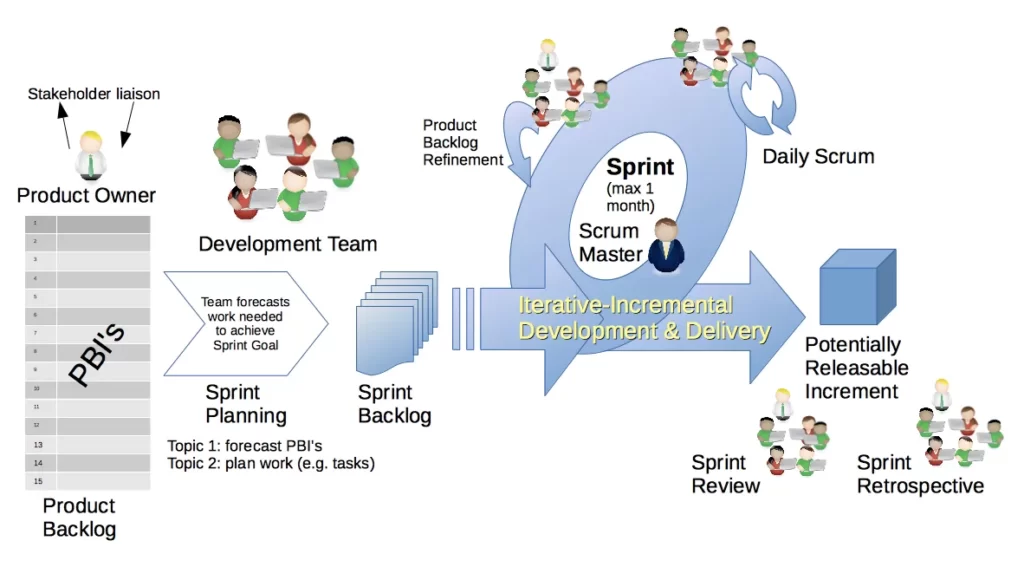
Attribution: Dr. Ian Mitchell, CC0, via Wikimedia Commons | License Details
Agile methodology has revolutionized the software development process. By emphasizing iterative development and cross-functional collaboration, Agile enables faster time-to-market, improved product quality, and increased customer satisfaction. Agile teams leverage methodologies such as Scrum and Kanban to adapt to changing requirements and deliver value-driven solutions.
DevOps: Bridging the Gap between Development and Operations
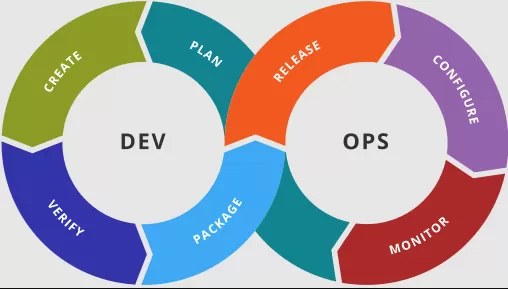
Attribution: Kharnagy, CC BY-SA 4.0, via Wikimedia Commons | License Details
DevOps has emerged as a game-changer in software development, bringing together the development and operations teams for seamless collaboration. By automating processes, streamlining workflows, and fostering a culture of continuous integration and deployment, DevOps enhances productivity and accelerates software delivery. The adoption of DevOps practices leads to faster release cycles, enhanced scalability, and improved customer experience.
Cloud Computing: Empowering Scalability and Flexibility
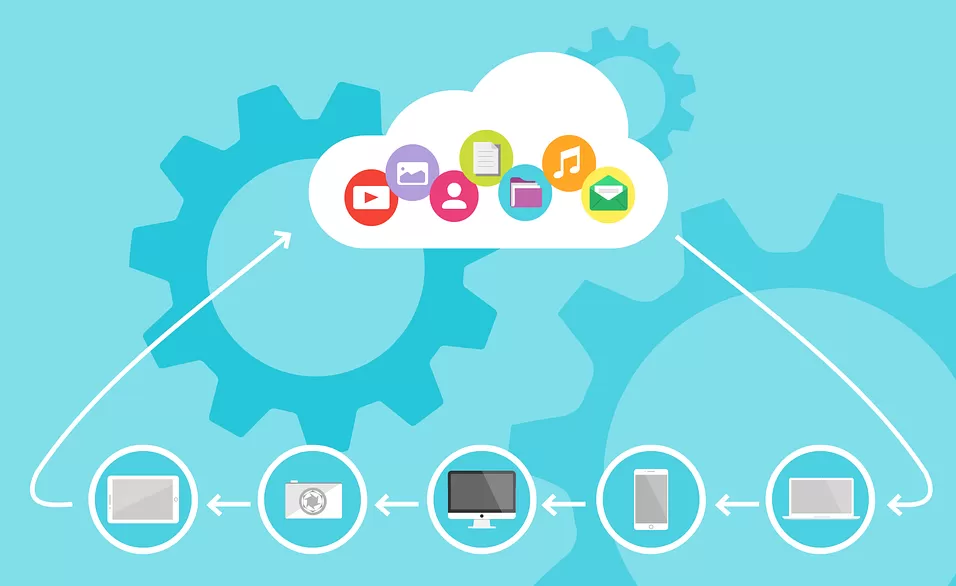
Attribution: Learntek, CC0, via Wikimedia Commons | License Details
Cloud computing has transformed the way software is developed, deployed, and managed. With the power of the cloud, businesses can leverage scalable infrastructure, reduce costs, and improve accessibility. Cloud-based development platforms, such as Amazon Web Services (AWS) and Microsoft Azure, offer a wide range of services, including serverless computing, data storage, and machine learning, empowering developers to build robust and innovative applications.
Artificial Intelligence and Machine Learning: Unlocking Intelligent Solutions

Attribution: mikemacmarketing, CC BY 2.0, via Wikimedia Commons | License Details
Artificial Intelligence (AI) and Machine Learning (ML) are revolutionizing software development by enabling intelligent solutions. AI-driven algorithms can analyze vast amounts of data, automate decision-making processes, and enhance user experiences. Machine Learning, a subset of AI, empowers systems to learn and improve from data without being explicitly programmed. Incorporating AI and ML capabilities into software development leads to smarter applications, predictive analytics, and personalized user interactions.
Internet of Things: Connecting the Digital and Physical Worlds
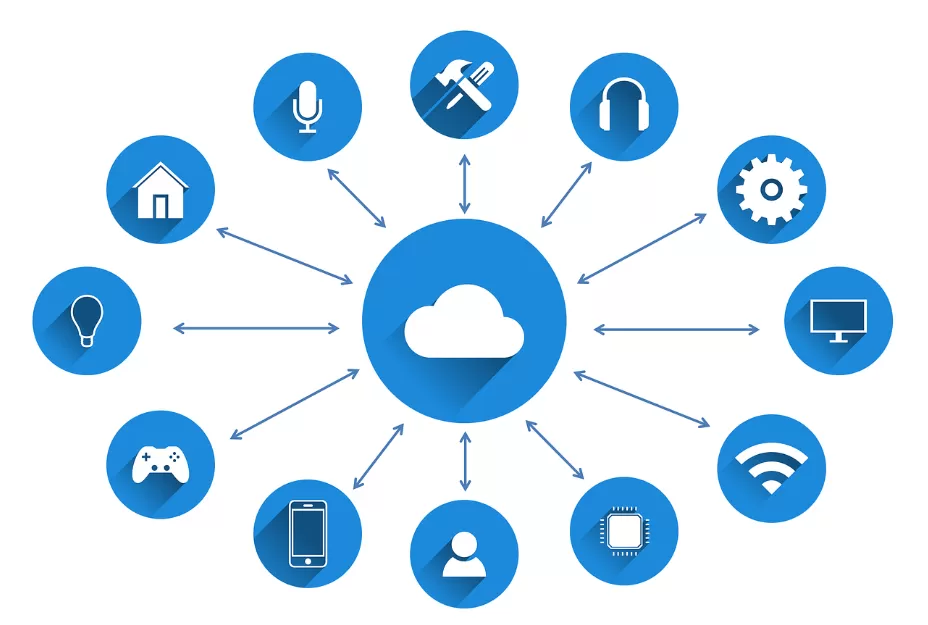
The Internet of Things (IoT) has gained significant traction in recent years, connecting devices and enabling seamless communication between the digital and physical worlds. Software developers are leveraging IoT technologies to build intelligent systems that collect and analyze data, automate processes, and drive efficiency. From smart homes to industrial automation, IoT is revolutionizing various sectors and opening up new avenues for innovation.
Cybersecurity: Safeguarding Digital Assets

As software applications become more interconnected, the need for robust cybersecurity measures becomes paramount. Cyber threats continue to evolve, posing significant risks to businesses and individuals alike. Software developers must prioritize security by adopting secure coding practices, implementing encryption, conducting regular vulnerability assessments, and staying updated with the latest security standards. Building secure and resilient applications helps protect sensitive data and ensures the trust of users.
Low-Code and No-Code Development: Empowering Citizen Developers

The rise of low-code and no-code development platforms has democratized software development. These platforms enable individuals with limited coding knowledge, often referred to as citizen developers, to build applications using visual interfaces and pre-built components. Low-code and no-code development accelerates the application development process, reduces dependency on technical resources, and fosters innovation within organizations.
Quantum Computing: Unleashing Unprecedented Processing Power
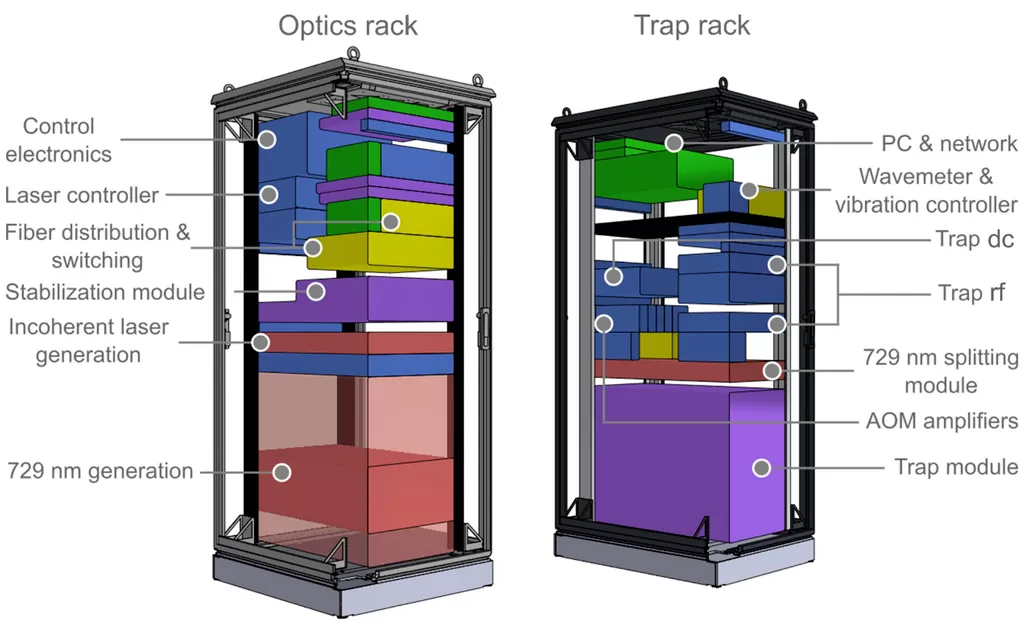
Attribution: Authors of the study: I. Pogorelov, T. Feldker, Ch. D. Marciniak, L. Postler, G. Jacob, O. Krieglsteiner, V. Podlesnic, M. Meth, V. Negnevitsky, M. Stadler, B. Höfer, C. Wächter, K. Lakhmanskiy, R. Blatt, P. Schindler, and T. Monz, CC BY 4.0, via Wikimedia Commons | License Details
Quantum computing is an emerging technology that holds immense potential for solving complex problems beyond the capabilities of classical computers. Although still in its early stages, quantum computing has the potential to revolutionize software development by significantly enhancing computational power. As quantum computing continues to mature, it will unlock new possibilities for solving optimization, simulation, and machine learning challenges.
In this era of rapid technological advancements, software development is evolving at an unprecedented pace
Embracing the latest trends in software development, such as Agile methodology, DevOps, cloud computing, AI and ML, IoT, cybersecurity, low-code and no-code development, and quantum computing, empowers businesses to stay competitive, deliver innovative solutions, and meet the ever-changing demands of the digital landscape.






